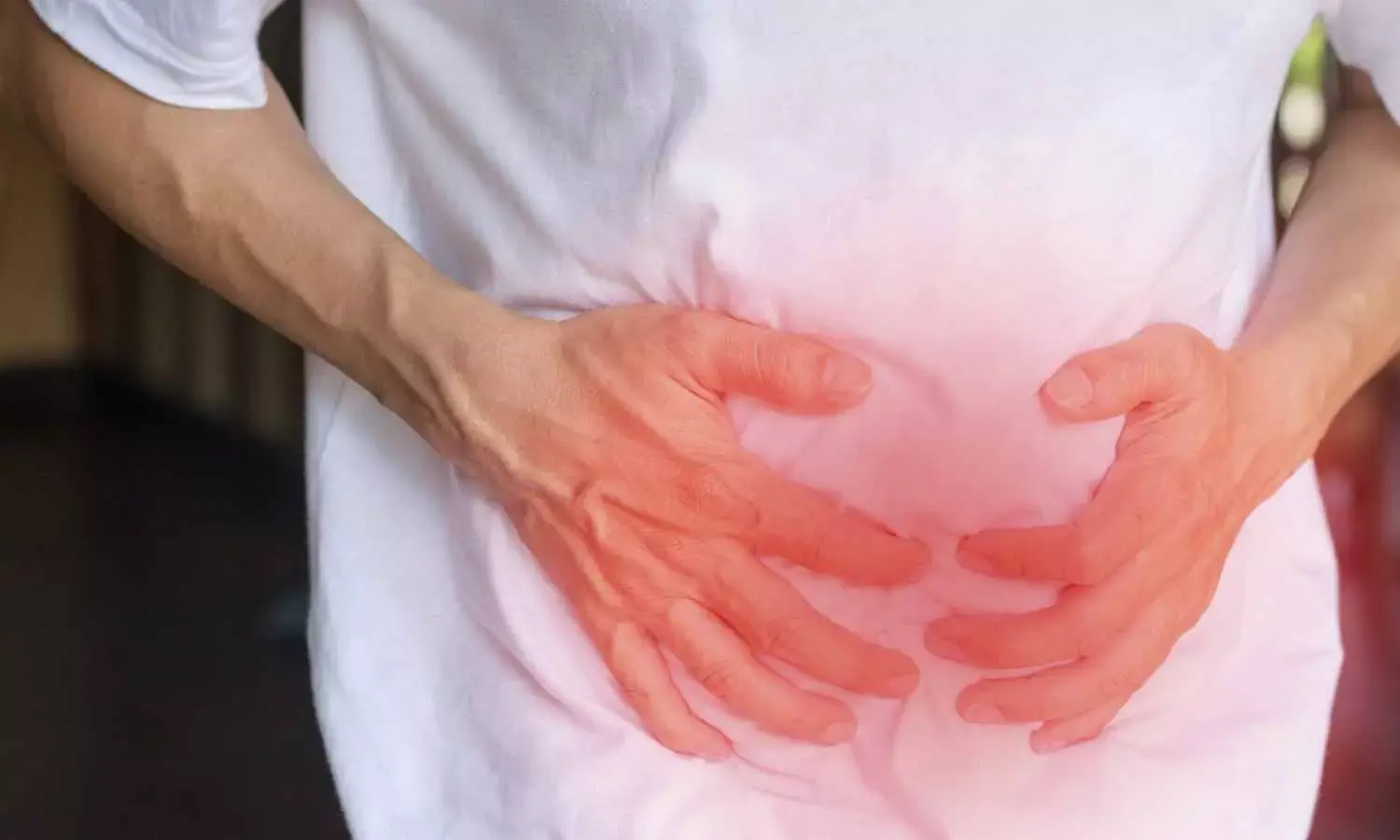- Home
- Medical news & Guidelines
- Anesthesiology
- Cardiology and CTVS
- Critical Care
- Dentistry
- Dermatology
- Diabetes and Endocrinology
- ENT
- Gastroenterology
- Medicine
- Nephrology
- Neurology
- Obstretics-Gynaecology
- Oncology
- Ophthalmology
- Orthopaedics
- Pediatrics-Neonatology
- Psychiatry
- Pulmonology
- Radiology
- Surgery
- Urology
- Laboratory Medicine
- Diet
- Nursing
- Paramedical
- Physiotherapy
- Health news
- Fact Check
- Bone Health Fact Check
- Brain Health Fact Check
- Cancer Related Fact Check
- Child Care Fact Check
- Dental and oral health fact check
- Diabetes and metabolic health fact check
- Diet and Nutrition Fact Check
- Eye and ENT Care Fact Check
- Fitness fact check
- Gut health fact check
- Heart health fact check
- Kidney health fact check
- Medical education fact check
- Men's health fact check
- Respiratory fact check
- Skin and hair care fact check
- Vaccine and Immunization fact check
- Women's health fact check
- AYUSH
- State News
- Andaman and Nicobar Islands
- Andhra Pradesh
- Arunachal Pradesh
- Assam
- Bihar
- Chandigarh
- Chattisgarh
- Dadra and Nagar Haveli
- Daman and Diu
- Delhi
- Goa
- Gujarat
- Haryana
- Himachal Pradesh
- Jammu & Kashmir
- Jharkhand
- Karnataka
- Kerala
- Ladakh
- Lakshadweep
- Madhya Pradesh
- Maharashtra
- Manipur
- Meghalaya
- Mizoram
- Nagaland
- Odisha
- Puducherry
- Punjab
- Rajasthan
- Sikkim
- Tamil Nadu
- Telangana
- Tripura
- Uttar Pradesh
- Uttrakhand
- West Bengal
- Medical Education
- Industry
Which mesh is best? Outcomes for abdominal ventral hernia repair patients projected by new research model

Repair of ventral hernias-hernias of the abdominal wall-is among the most commonly performed operations, but not all meshes used in these procedures are created equal, with varying outcomes and costs for each option, according to researchers from the Ohio State University Wexner Medical Center. The researchers developed a new model to project the performance of different mesh types for patients undergoing ventral hernia repair (VHR). Their findings are published in the Journal of the American College of Surgeons (JACS).
Three different mesh types were evaluated. Biologic meshes have properties similar to human tissues, whereas synthetic meshes are composed of artificial materials. The third type, long-acting resorbable meshes, combines characteristics of biologic and synthetic meshes.
Key Findings:
• At 5 years, about 41% of VHRs with biologic meshes, 27% with synthetic meshes, and 22% with long-acting resorbable meshes are expected to fail due to recurrence of the hernia.
• At 10 years, these rates will rise to 65%, 47%, and 39%, respectively.
“Even in contaminated surgical settings, synthetic meshes performed better than biologic ones—despite being made of foreign materials.” said first author Abdulaziz Elemosho, MD, plastic surgery postdoctoral research fellow at the Ohio State University Wexner Medical Center.
Long-Term Data Hard to Find
Studying the performance of meshes for VHRs presents a challenge for researchers. Logistically, it can be complicated to follow the same patients for more than a decade to measure outcomes. The authors conducted an extensive literature review to find high-quality data on mesh performance.
That data was then used to create a model that could accurately project 5-year outcomes suggested by current research and then projected outcomes for 10 and 15 years.
The approach, called “population survival kinetics,” is a first for surgical research, according to the authors.
“Standard meta-analyses can't truly depict time-dependent outcomes like hernia recurrence,” said coauthor Jeffrey E. Janis, MD, FACS, clinical professor of plastic and reconstructive surgery at the Ohio State University Wexner Medical Center. “That's why we turned to population survival kinetics — an approach never before applied to surgical outcomes.”
Population survival kinetics has typically been used in oncology to project outcomes, such as proportions of who are going to relapse or be cured and their response to chemotherapy.
Data-Driven Future Decisions
Previously, if a surgical site was contaminated, biologic mesh was preferred. The reasoning was that biologic-based materials would resist infection better, but this did not play out in the data. Biologic mesh performed the worst, with the shortest time-to-recurrence and the highest proportion of “at-risk” repairs. This specialized material also comes at a cost, with biologic and long-acting resorbable meshes ranging between $20,000 to $30,000 per operation.
“If cost is a consideration, synthetic mesh remains a good fit for patients undergoing a VHR,” said Dr. Elemosho, “When cost isn’t a factor, preference should shift to long-acting resorbable meshes since they outperformed all other meshes.”
The data also showed that if a recurrence had not occurred by 15 years after surgery, 99% of the meshes would remain intact beyond that timepoint, meaning that risk levels taper off over time.
Without current national guidelines, the authors hope these data can inform best practices moving forward in mesh type and follow up schedule. They suggest that patients who had VHR with biologic and synthetic mesh should be evaluated for recurrence every 6 months for 2 years, then yearly for up to 15 years. Patients repaired with long-acting resorbable meshes should be evaluated for recurrence starting at 12-18 months post-repair, then yearly.
Reference:
Elemosho, Abdulaziz MDa; Janis, Jeffrey E. MD FACSa. Comparative Long-Term Performance of Biologic, Synthetic, and Long-Acting Resorbable Meshes in Ventral Hernia Repair: Population Survival Kinetics Approach. Journal of the American College of Surgeons ():10.1097/XCS.0000000000001412, May 29, 2025. | DOI: 10.1097/XCS.0000000000001412
Dr Kamal Kant Kohli-MBBS, DTCD- a chest specialist with more than 30 years of practice and a flair for writing clinical articles, Dr Kamal Kant Kohli joined Medical Dialogues as a Chief Editor of Medical News. Besides writing articles, as an editor, he proofreads and verifies all the medical content published on Medical Dialogues including those coming from journals, studies,medical conferences,guidelines etc. Email: drkohli@medicaldialogues.in. Contact no. 011-43720751


